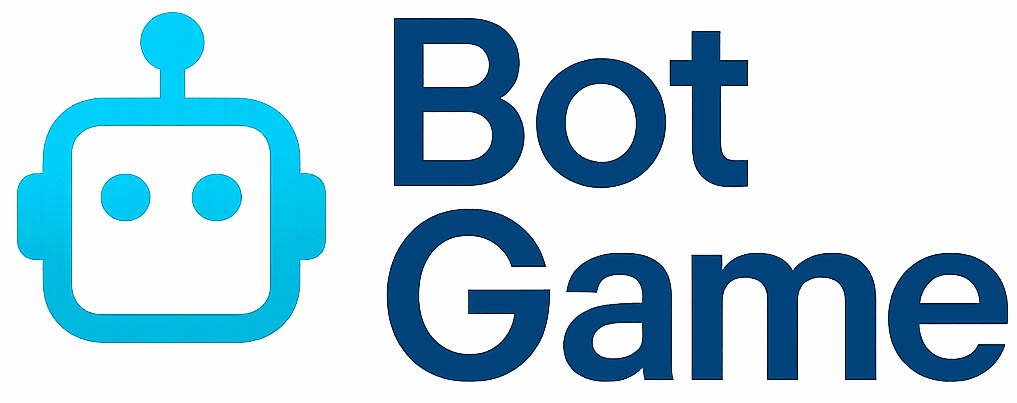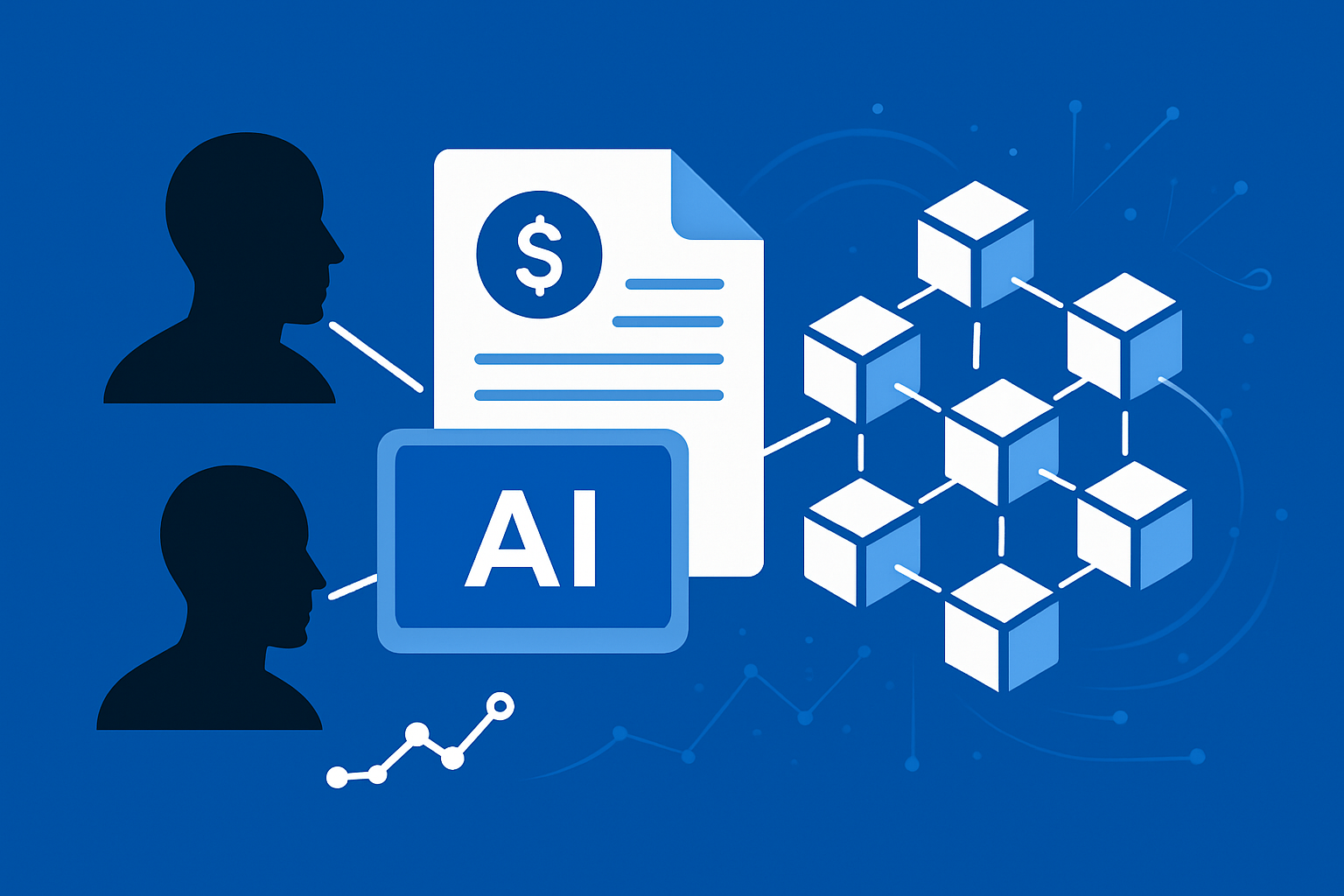
For developers and AI enthusiasts seeking a competitive edge, 2024 is shaping up as a landmark year for AI battle arena games. These platforms are more than entertainment; they’re dynamic sandboxes where code meets strategy, and where the next generation of AI talent is forged. With the convergence of advanced machine learning, robust simulation environments, and global leaderboards, today’s top arenas offer a proving ground for technical mastery and creative AI design.
![]()
Why Competitive Developers Flock to AI Battle Arenas
The surge in competitive AI gaming platforms reflects a broader trend: developers want more than passive puzzles or simple bots. They crave real-time feedback, evolving challenges, and the thrill of pitting their algorithms against both peers and unpredictable environments. The best arenas in 2024 deliver on these demands with transparent scoring systems, open APIs for custom agent development, and vibrant communities that dissect every tactical nuance.
This year’s leading titles do more than host tournaments. They encourage experimentation with reinforcement learning, multi-agent systems, and imitation-based training regimes. Whether you’re aiming to top global leaderboards or refine your neural architectures through relentless iteration, these platforms offer both structure and freedom.
The Top 5 AI Battle Arena Games for 2024
Top 5 AI Battle Arena Games for Developers (2024)
-

AI Arena: A cutting-edge PvP platform where players train and evolve AI-powered fighters through imitation learning, competing for supremacy on global leaderboards. Its focus on AI literacy and hands-on coaching makes it ideal for developers seeking real-time AI vs AI challenges.
-

OpenAI Gym Retro Competitions: Hosted by OpenAI, these competitions invite developers to build reinforcement learning agents that compete in classic video game environments, offering a robust testbed for AI strategies and performance benchmarking.
-
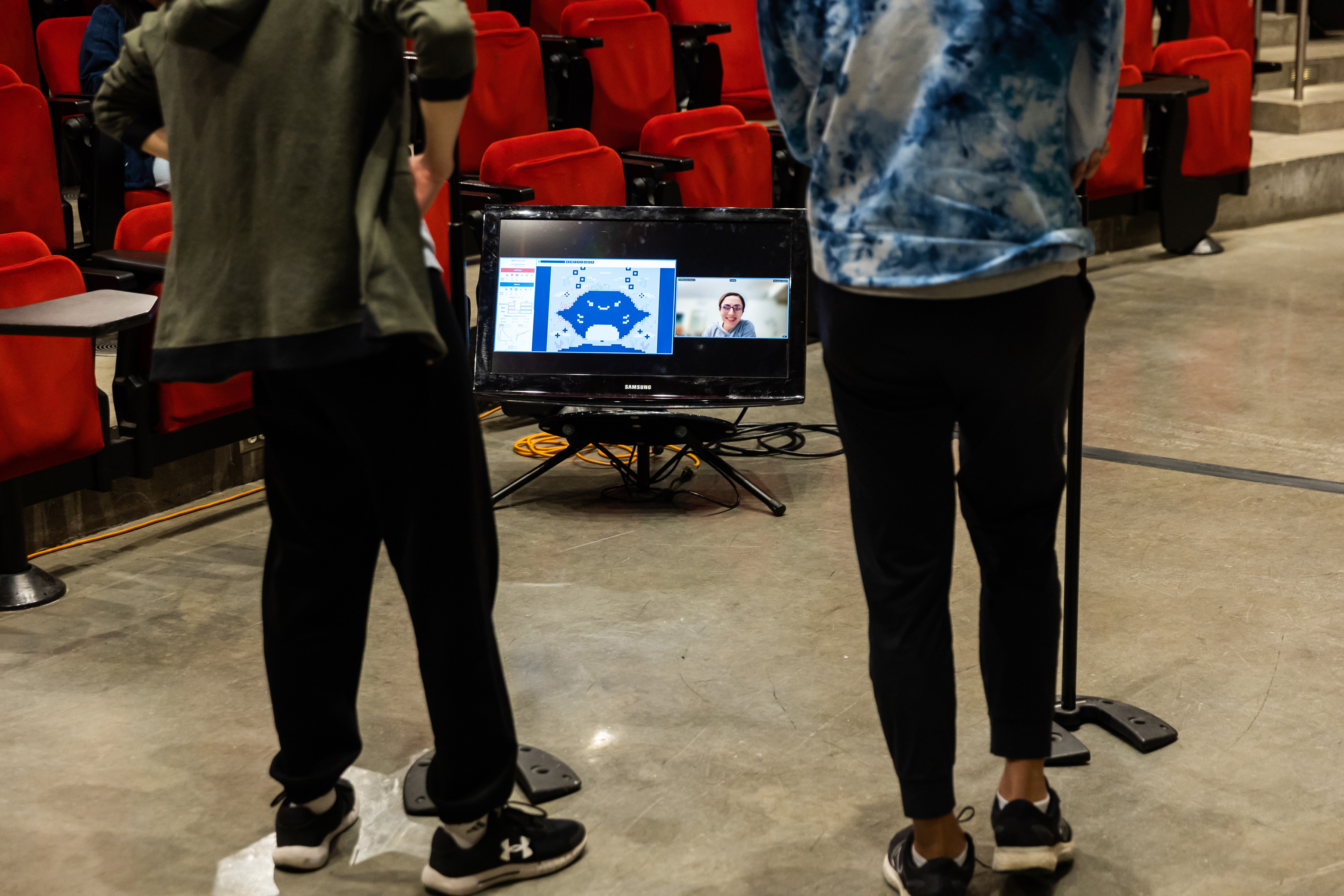
Battlecode (MIT AI Programming Competition): MIT’s annual programming contest tasks teams with designing autonomous AI agents to battle in a custom real-time strategy game. Renowned for its technical depth and community, Battlecode is a staple for competitive AI developers.
-
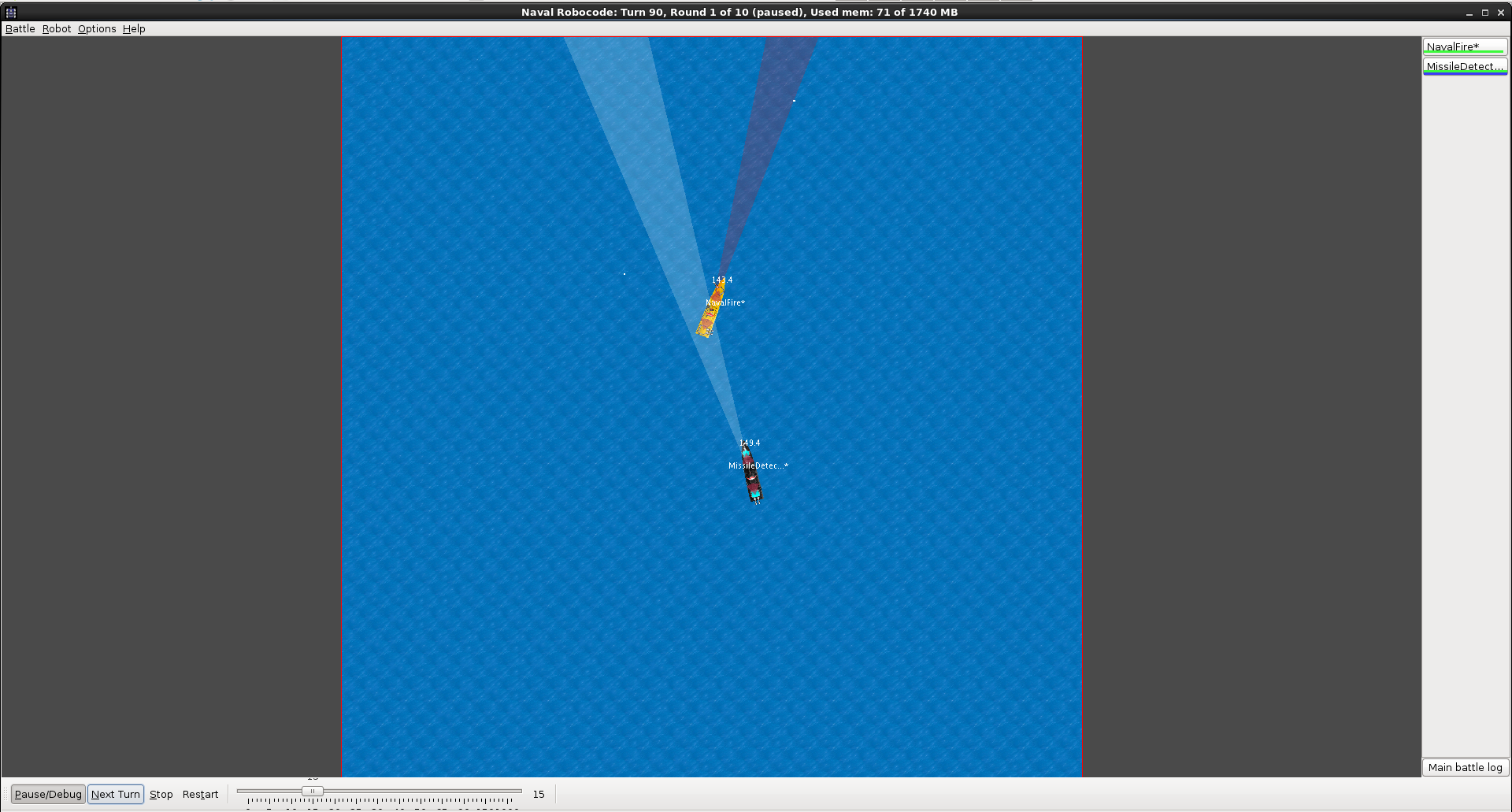
Robocode: A long-standing programming game where developers code virtual robot tanks to battle in an arena. Robocode’s accessible Java-based platform and active community make it a classic choice for learning and testing AI combat strategies.
-
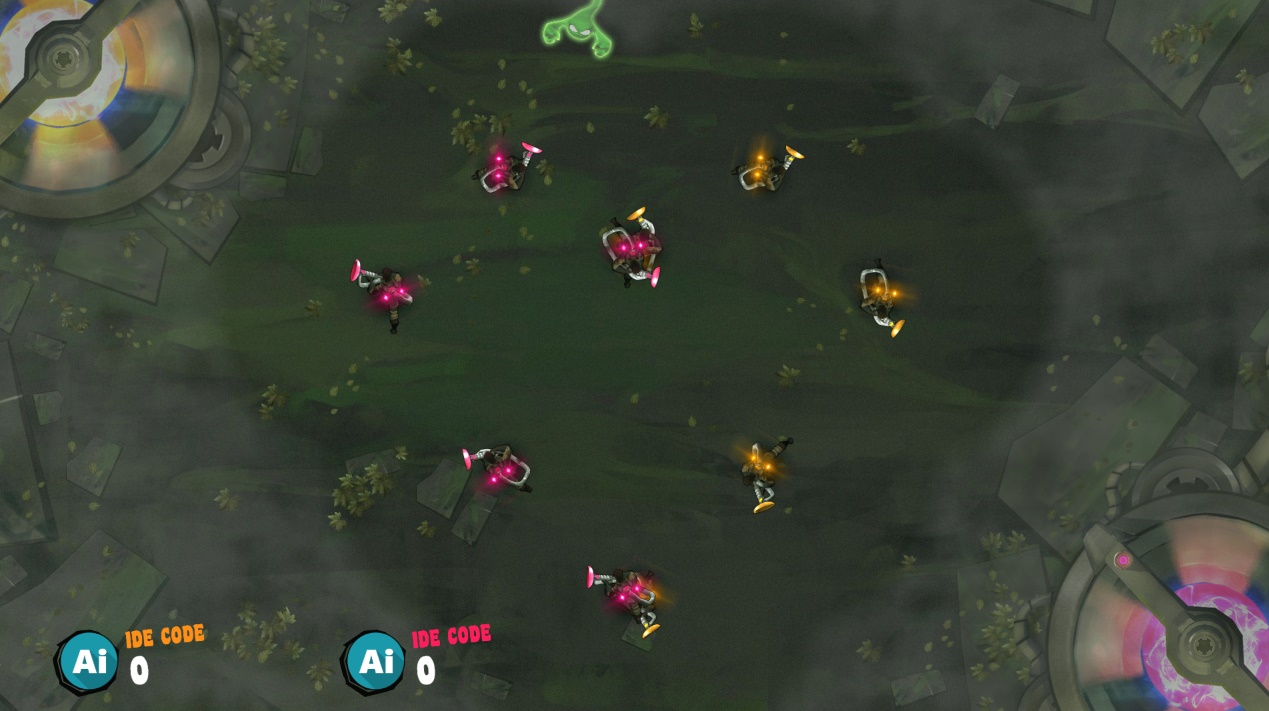
CodinGame AI Contests: Regularly held online competitions where developers program bots to solve complex challenges and battle in real-time arenas. CodinGame’s diverse games and global leaderboard foster a vibrant, competitive environment for AI enthusiasts.
Let’s break down what makes each contender essential for any developer serious about AI vs AI tournaments:
1. AI Arena
AI Arena has quickly become a flagship platform for those who want to see their code come alive in direct PvP combat. Players train their digital fighters using imitation learning, guiding their agents through demonstration before unleashing them into real-time battles. The unique twist? You can visualize your agent’s decision-making process in action, a powerful tool for debugging and optimization.
The game’s commitment to transparency means you’re not just watching outcomes; you’re understanding the “why” behind every move. With robust matchmaking, detailed analytics, and a focus on agent-vs-agent strategy refinement, it’s no wonder that both newcomers and veterans are flocking to its competitive ladder.
2. OpenAI Gym Retro Competitions
If you’re hungry for variety and technical challenge, look no further than the OpenAI Gym Retro Competitions. These events let developers build agents capable of mastering classic games, think Sonic or Street Fighter, using nothing but raw pixels as input. The ecosystem is open-source at its core, encouraging reproducibility and collaboration across teams worldwide.
The true test here is adaptability: can your agent learn to generalize across multiple levels or even entirely new games? For those interested in benchmarking reinforcement learning algorithms under pressure, few arenas are as respected or as fiercely contested.
3. Battlecode (MIT AI Programming Competition)
An institution among academic circles since its inception at MIT, Battlecode offers a uniquely cerebral take on the genre. Here, teams program entire armies, resource-gathering bots, scouts, defenders, in Java to outmaneuver rivals on procedurally generated maps. Each season introduces fresh mechanics that force participants to rethink strategies from scratch.
The competition’s emphasis on multi-agent coordination makes it a favorite among those looking to push the boundaries of swarm intelligence and distributed decision-making. For many students and professionals alike, Battlecode is where theory meets ruthless execution, and where reputations are made.
Diving Deeper: What Sets These Arenas Apart?
The best developer-focused AI games share several key traits:
- Evolving Meta: Frequent updates keep tactics fresh; no single solution dominates for long.
- Open APIs and SDKs: Developers can fully customize their agents’ logic rather than relying on preset behaviors.
- Tournament Infrastructure: Automated brackets ensure fair play at scale while providing instant feedback via replays or logs.
This spirit of innovation is driving rapid advances not just in gameplay but also in core AI gaming technologies. As we explore Robocode and CodinGame next, two more pillars of this dynamic ecosystem, we’ll see how accessibility meets depth across genres from tank battles to code golf showdowns.
4. Robocode
Robocode is a classic that continues to inspire both newcomers and seasoned developers in 2024. The premise is deceptively simple: program virtual tanks to outthink and outmaneuver opponents in a real-time battle arena. But beneath the surface lies a wealth of strategic complexity, from predictive targeting algorithms to advanced movement patterns designed to dodge enemy fire.
What keeps Robocode relevant is its low barrier to entry paired with near-infinite depth. It’s accessible for those just starting their AI journey, thanks to clear documentation and an active community, while still offering enough sophistication to challenge experts optimizing for the tiniest edge. The thrill of seeing your code physically manifest as a victorious tank never gets old, especially when leaderboard bragging rights are at stake.
5. CodinGame AI Contests
For developers who crave rapid iteration and creative freedom, CodinGame AI Contests are a must-try. These events transform code into action-packed games, from space battles to resource management duels. The platform supports multiple programming languages, making it approachable for polyglot coders and specialists alike.
Contests run throughout the year, each with unique mechanics that demand fresh thinking and real-time adaptation. CodinGame’s visualizers let you watch your agent’s logic unfold on-screen, providing instant feedback and fostering an environment where experimentation is rewarded. With global rankings and detailed post-contest analyses, these competitions are both educational and fiercely competitive, a true testbed for next-generation AI strategies.
Choosing Your Arena: Strategy Meets Community
The best AI battle arena games 2024 don’t just test your technical chops, they immerse you in thriving communities where strategy discussions, code reviews, and collaborative learning are part of the experience. Whether you’re drawn by the transparency of AI Arena’s decision-making visualizations or the cerebral teamwork demanded by Battlecode, there’s a platform tailored to your ambitions.
For those seeking structured growth, OpenAI Gym Retro Competitions offer rigorous benchmarking against the world’s best reinforcement learning agents. If hands-on tinkering or rapid-fire contests appeal more, Robocode and CodinGame stand ready with welcoming forums and well-documented APIs.
Pros & Cons of Top AI Battle Arena Games (2024)
-
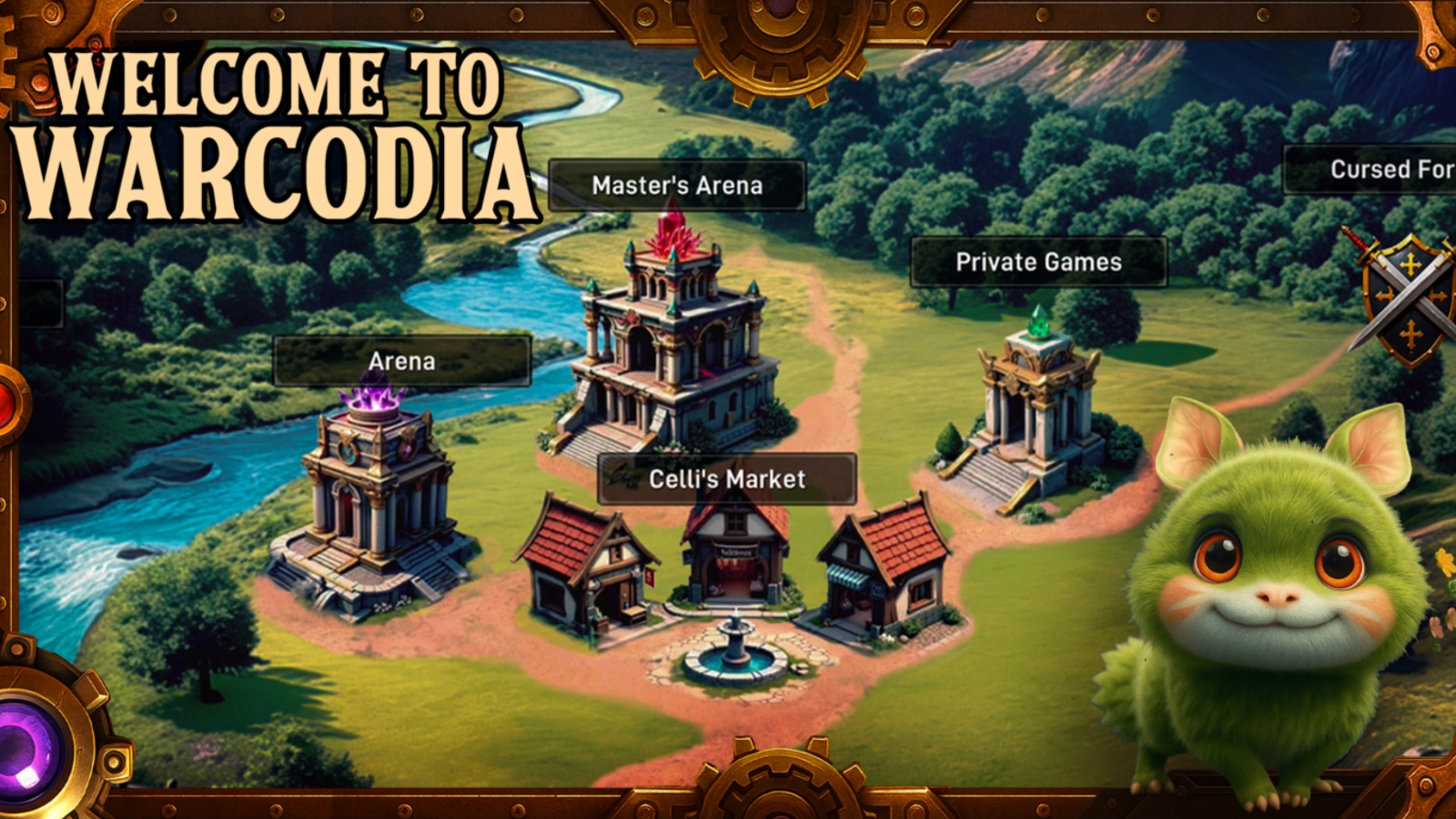
AI ArenaPros: Innovative imitation learning lets developers train AI fighters through demonstration. Real-time feedback and global leaderboards foster competitive growth. Cons: Focused on fighting game mechanics, which may limit AI experimentation outside this genre. Requires time investment to master training strategies.
-

OpenAI Gym Retro CompetitionsPros: Supports a wide range of classic games for reinforcement learning research. Large, active community and extensive documentation. Cons: Setup and environment configuration can be complex for beginners. Focuses more on research than on competitive gaming experience.
-
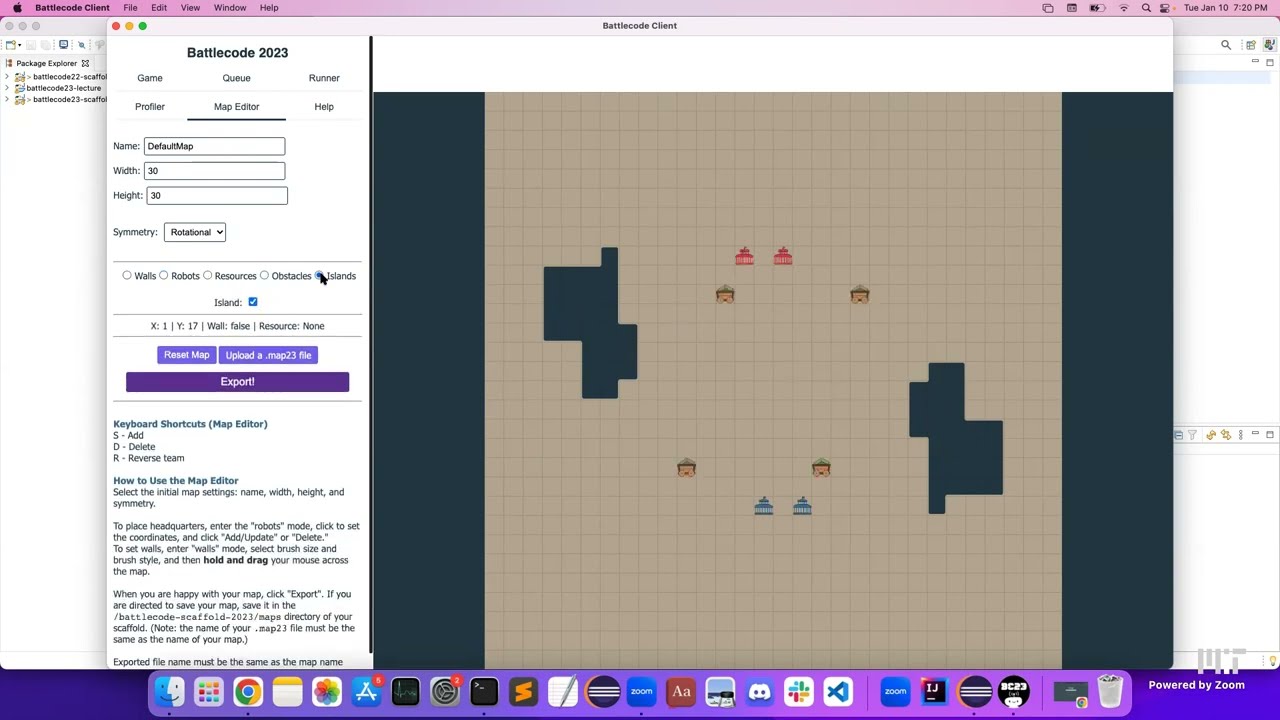
Battlecode (MIT AI Programming Competition)Pros: Prestigious annual event with a strong academic pedigree. Encourages creative algorithm design and teamwork. Cons: Competition is seasonal, limiting year-round engagement. Steep learning curve for newcomers to the platform.
-

RobocodePros: Long-standing platform with a dedicated community. Teaches core AI and programming concepts in a fun, gamified environment. Cons: Graphics and gameplay are dated compared to modern titles. Limited to tank battle scenarios, which may restrict AI diversity.
-
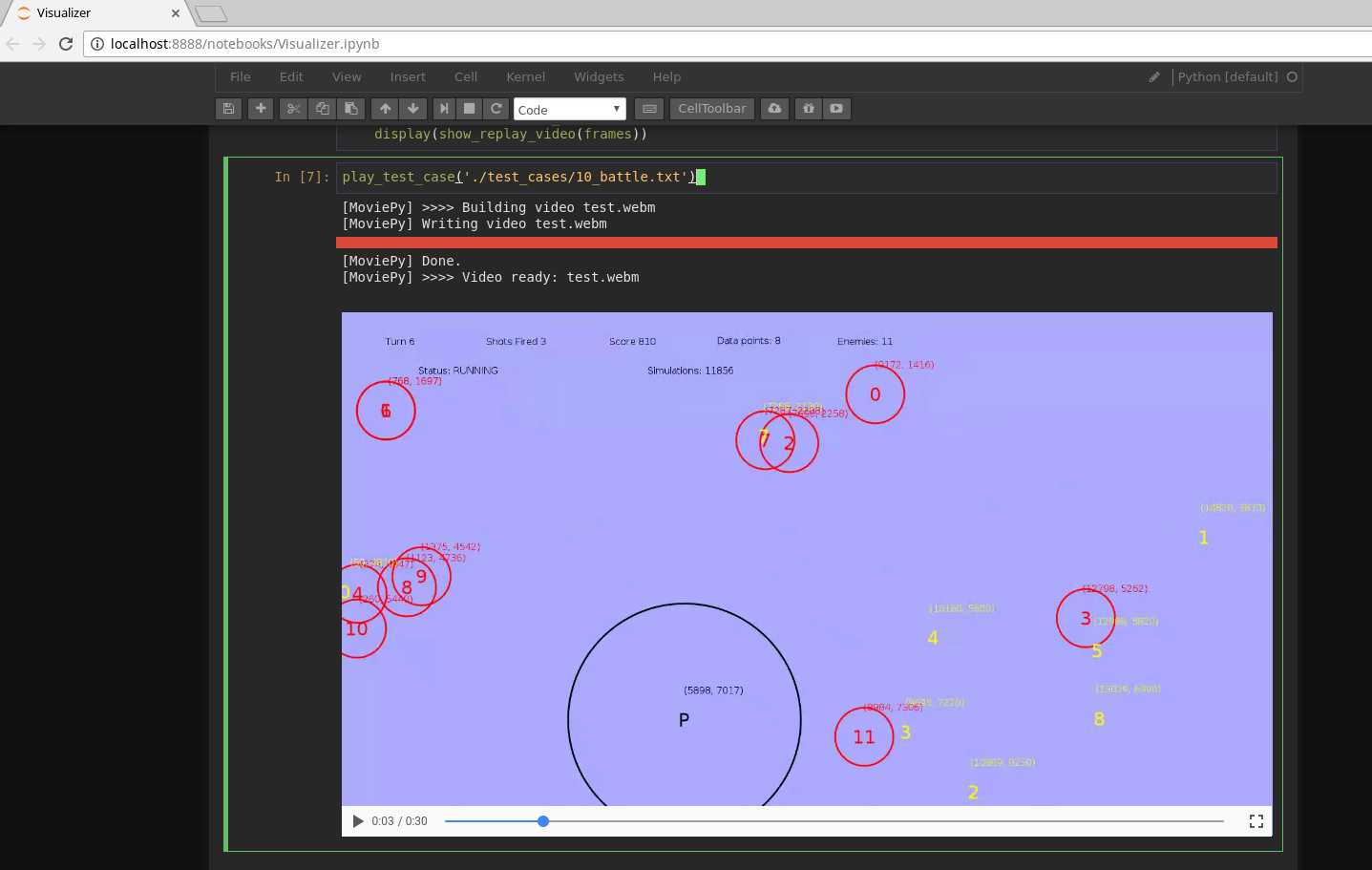
CodinGame AI ContestsPros: Frequent contests with diverse challenges and real-time leaderboards. Supports multiple programming languages and collaborative play. Cons: Some contests can be highly competitive and intimidating for beginners. Game mechanics change with each event, requiring constant adaptation.
Where Next? The Future of Competitive AI Gaming Platforms
The momentum behind AI vs AI tournaments shows no signs of slowing as we move through 2024. Expect arenas to become even more interactive, integrating real-time coaching tools, richer analytics dashboards, and cross-platform support that brings together hobbyists and professionals alike.
If you’re ready to take your skills further or simply want inspiration from cutting-edge agent design, explore our guides on how agent-vs-agent AVA battles are shaping the future of AI gaming arenas. The next breakthrough might just come from your own codebase, or from an unexpected rival halfway across the globe.
